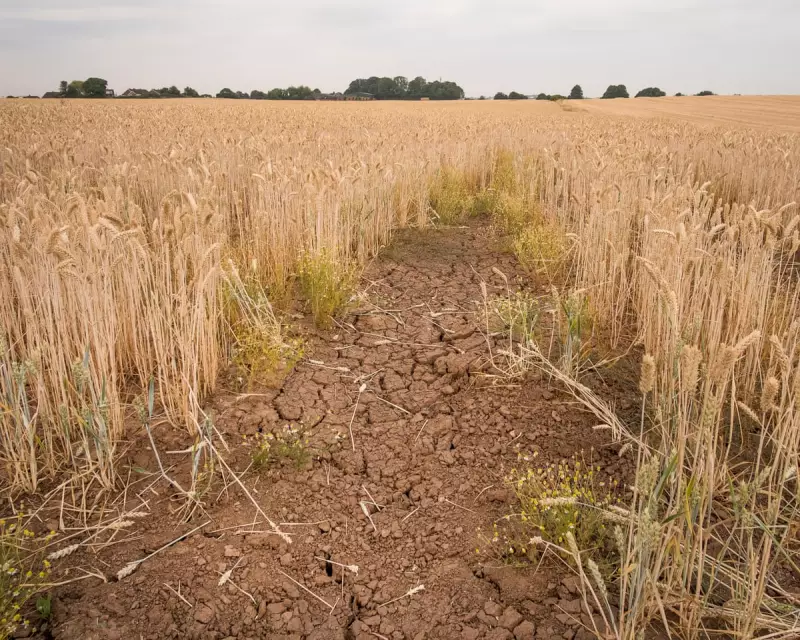
A groundbreaking report has sounded the alarm on 'climateflation', warning that UK food prices could skyrocket by more than 35% by 2050 due to climate change impacts. The study highlights how extreme weather events and supply chain disruptions are set to dramatically reshape Britain's food economy.
The Rising Cost of Climate Change
Researchers project that climate-related factors will add significant pressure to food production costs over the coming decades. More frequent droughts, floods and temperature extremes are expected to reduce crop yields while increasing production expenses.
Key Findings:
- Staple foods like wheat, potatoes and dairy likely to see highest price increases
- Climate-related supply shocks could cause sudden price spikes
- Lower-income households will be disproportionately affected
- UK's reliance on food imports makes it particularly vulnerable
A Perfect Storm of Factors
The report identifies multiple climate-driven pressures converging to push prices upward:
- Agricultural disruption: Changing growing seasons and extreme weather damaging crops
- Transport challenges: Flooding and heatwaves disrupting supply chains
- Resource scarcity: Water shortages increasing irrigation costs
- Labour impacts: Extreme heat reducing farm productivity
Experts warn that without significant adaptation measures, these factors could combine to create sustained food price inflation unlike anything seen in recent history.
Call for Urgent Action
The report's authors urge policymakers to treat the findings as a wake-up call, recommending:
- Accelerated investment in climate-resilient agriculture
- Diversification of food supply sources
- Enhanced food security planning
- Support for vulnerable households
With climate change impacts accelerating, the window to prepare for these economic shocks is rapidly closing. The report suggests that early intervention could significantly mitigate the worst effects of climateflation on UK consumers.






